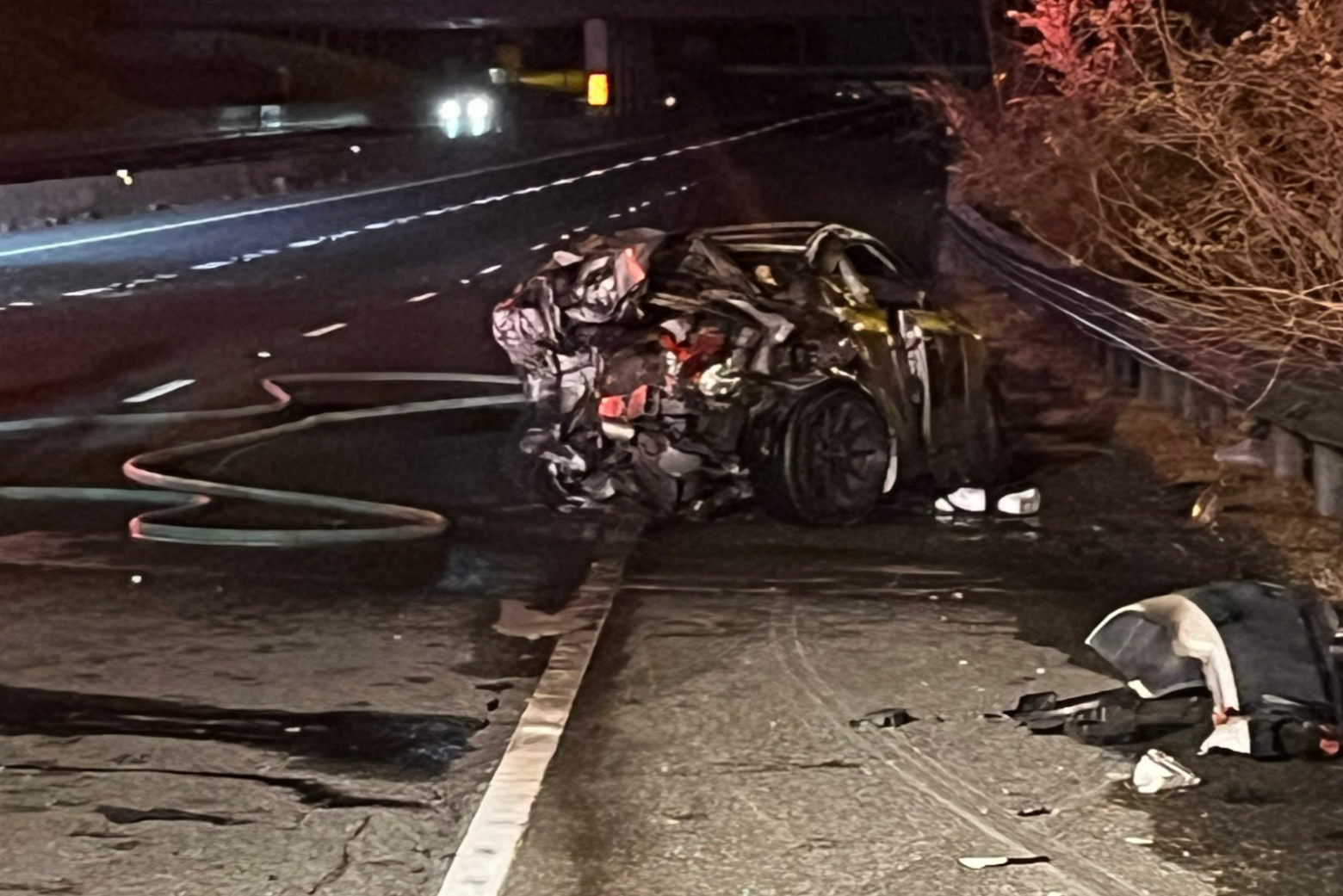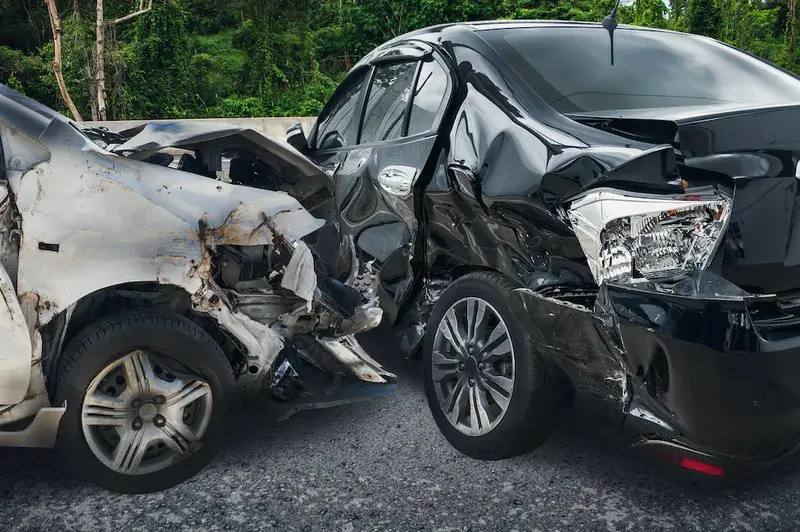Intersection Accidents In Seattle Truths How-To
Introduction
Motorcycling is not just a mode of transportation; it’s a lifestyle that many embrace wholeheartedly. The thrill of the open road, the wind whipping through your hair, and the freedom of movement contribute to the allure of riding. However, with that thrill comes a significant responsibility—safety. In bustling urban environments like Seattle, where traffic can be both dense and unpredictable, motorcyclists must be proactive about their safety. This article will explore essential safety tips from Moseley Collins Law, focusing on how motorcyclists can protect themselves on Seattle's roads.
Moseley Collins Law Shares Top Safety Tips for Motorcyclists in Seattle
When it comes to motorcycle safety, knowledge is power. Moseley Collins Law has compiled a comprehensive list of tips that every motorcyclist should know while navigating the streets of Seattle. Whether you’re an experienced rider or just starting out, these insights can help you stay safe and enjoy your ride without unnecessary risks.
Understanding Seattle's Unique Challenges for Motorcyclists
Seattle's climate and geography present distinct challenges for motorcyclists. Rain is common here, https://www.moseleycollins.com/seattle-car-accident-lawyer.html and slippery roads can lead to accidents if riders aren’t careful. Additionally, the city's diverse terrain—ranging from steep hills to winding roads—requires different riding techniques.
Weather Considerations
- Rain Gear: Always wear appropriate rain gear when riding in inclement weather. Tread Depth: Regularly check tire tread depth to ensure optimal grip on wet surfaces.
Terrain Awareness
- Hills: Practice riding on inclines and declines safely. Road Conditions: Be vigilant about potholes or debris, which are more common in urban environments.
Essential Gear for Safe Riding
The right gear is your first line of defense against injuries. Investing in quality motorcycle gear tailored for safety can significantly reduce your risk of serious injury during an accident.
Helmets: Your Best Friend
A DOT-approved helmet is non-negotiable. It protects your most vital asset—your brain.
- Full-Face vs. Half-Helmet: Full-face helmets offer maximum protection but may feel restrictive. Fit Matters: Ensure your helmet fits snugly without being uncomfortable.
Protective Clothing
Wear jackets and pants made from abrasion-resistant materials such as leather or textile blends.
Recommended Gear:
| Type | Features | |----------------|-----------------------------------| | Jackets | Reinforced seams, armor padding | | Gloves | Finger dexterity with knuckle protection | | Boots | Over-the-ankle design for stability |
Riding Techniques Every Biker Should Know
Proper riding techniques can make all the difference in avoiding accidents.
Defensive Riding Practices
Always anticipate potential hazards by being aware of your surroundings.
- Keep a Safe Distance: Maintain adequate space between yourself and other vehicles. Use Signals Early: Communicate your intentions clearly with turn signals or hand gestures.
Cornering Skills
Mastering cornering techniques ensures better control during turns.
Look through the turn. Lean into the turn while maintaining speed. Exit smoothly once you've navigated through it.Staying Visible on Seattle Roads
Visibility is crucial when it comes to motorcycle safety. Many accidents occur because other drivers simply don’t see motorcycles on the road.
Bright Colors and Reflective Materials
Wearing bright colors makes it easier for other drivers to spot you amid traffic.
- Consider investing in high-visibility gear.
Headlight Use During Daylight Hours
Always ride with your headlights on during daylight hours to increase visibility further.
Navigating Intersections Safely
Intersections are often hotspots for accidents involving motorcycles due to limited visibility and reckless driving behaviors from other motorists.
Approach with Caution
Slow down as you approach intersections and be prepared to stop suddenly if necessary.
Watch for Left Turners
Many accidents occur when cars make left turns directly into motorcycles at intersections. Always anticipate this possibility by positioning yourself strategically within traffic lanes.
Maintaining Your Motorcycle: A Critical Safety Step
Regular maintenance keeps your bike running smoothly, ensuring optimal performance and safety on the road.
Routine Checks to Consider:
Tire Pressure Brake Functionality Fluid Levels (oil, coolant)By conducting these checks regularly, you can identify potential issues before they become serious problems on the road.
Handling Road Hazards Effectively
Seattle's roads can present various hazards that require quick thinking and decisive action from motorcyclists.
Identifying Common Road Hazards
- Potholes Gravel Wet Manhole Covers
Always scan ahead while riding so you can react promptly to unexpected changes in road conditions.
What To Do After an Accident?
Despite all precautions, accidents may still happen. Knowing what steps to take afterward is crucial for ensuring everyone’s safety and protecting your rights as a motorcyclist.

Steps To Follow:
Ensure Safety First: Move yourself away from traffic if possible. Call Emergency Services: Report any injuries or significant damage immediately. Document Everything: Take pictures of the accident scene, vehicle damage, and any visible injuries. Exchange Information: Get contact details from all involved parties including witnesses. Contact Moseley Collins Law: Their expertise as Seattle accident lawyers will guide you through legal complexities related to motorcycle accidents efficiently.FAQs About Motorcycle Safety in Seattle
1. What’s the most important piece of gear for motorcyclists?
The most critical piece of gear is undoubtedly a DOT-approved helmet that fits properly to protect against head injuries during an accident.
2. How can I improve my visibility while riding?

3. What should I do if I’m involved in a motorcycle accident?
Ensure everyone’s safety first by moving away from traffic if possible; then call emergency services before documenting everything at the scene carefully which will aid any future claims or legal actions needed later on with help from professionals like those at Moseley Collins Law Seattle motorcycle accident lawyers who specialize in such cases!
4. Is it necessary to take a motorcycle safety course?
Yes! Enrolling in a motorcycle safety course equips you with essential skills needed for safe riding practices while also boosting confidence levels among new riders alike!
5 . What types of insurance do I need as a motorcyclist?
Basic liability coverage is mandatory; however considering additional coverage options like collision or comprehensive plans could provide more extensive protection should unfortunate events occur down line..
6 . How often should I perform maintenance checks on my motorcycle?

Conclusion
Motorcycling offers an exhilarating experience but requires vigilance and preparation at every turn! By following these top-notch tips shared by Moseley Collins Law along with continuous education regarding safe riding practices tailored specifically towards navigating urban environments like Seattle; riders can confidently hit those roads knowing they’ve taken steps necessary mitigate risks effectively! Remember – whether you're cruising along Lake Washington Boulevard or making sharp turns around Capitol Hill; staying informed equipped with proper knowledge always remains key towards enjoying safe rides throughout this vibrant city!
Embrace each journey responsibly because after all life isn’t just about reaching destination—it’s about savoring scenic routes traveled along way too!
